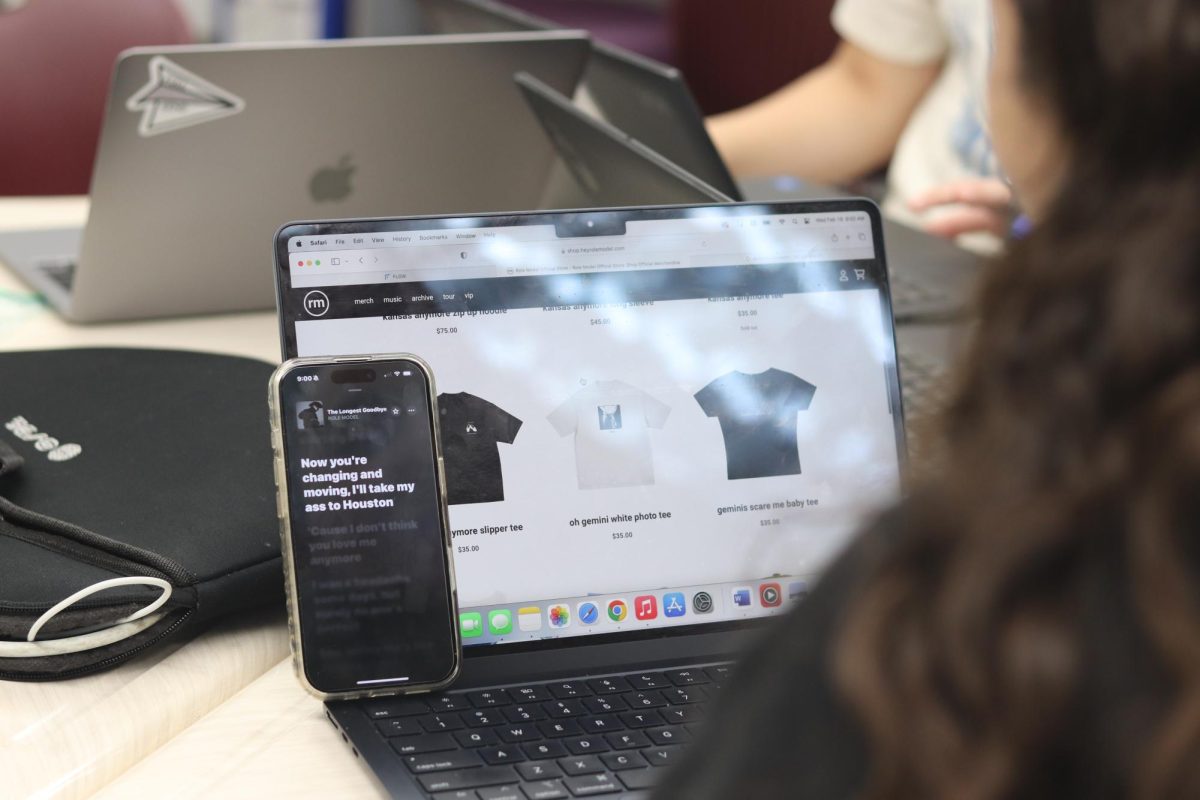 Parents, teachers, and teenagers alike received a reality check on Monday, Oct. 5, with the airing of “#Being13: Inside the Secret World of Teens,” a CNN special report on how social media is changing the way teens are growing up, hosted by Anderson Cooper.
Parents, teachers, and teenagers alike received a reality check on Monday, Oct. 5, with the airing of “#Being13: Inside the Secret World of Teens,” a CNN special report on how social media is changing the way teens are growing up, hosted by Anderson Cooper.
The two-year investigation followed 200 eighth graders at eight different schools in six states around the country and monitored how they use their Instagram, Twitter and Facebook accounts, and to what extent these accounts affect their every day lives.
After reviewing 150,000 posts, the study revealed a variety of messages ranging from mean and threatening to supportive to explicit. It also showed that teens check their social media feeds more than they actually post, a concept known as “lurking.” One teen featured on the report admitted to checking her social media accounts around 200 times a day.
When asked for the reason behind their obsessive checking, 21 percent said they check to ensure that no one is saying anything bad about them, 36 percent say they want to be sure they are not being excluded, and 61 percent say they are checking to make sure the things they are posting are getting acknowledged with likes and comments.
The special report also revealed a darker side to social media, one that helps facilitate bullying. Some teens engage in “subtweeting,” where negative comments are made about someone without saying the person’s name, but everyone knows whom they are referring to. Another tactic is deliberately not tagging someone in a picture to purposely exclude him or her from the group. Experts attribute all of these tactics to a quest for popularity.
Another method of social media interaction for teens is through the use of the “selfie.” Teens like to take pictures of themselves, but for some, the selfie has become something of a religion.
“I made this Google document of all my rules and requirements on how to take a selfie,” one teen admitted. “I take a lot of pictures- don’t judge- I take like 100 pictures usually, 150, maybe 200 sometimes if I really can’t get the right one.”
Taking so many pictures leads teens to obsess over how they are being perceived by others, and in order to gauge this, they constantly check their phones for comments and likes. Experts find this behavior to border on addiction.
Marion Underwood, a child clinical psychologist, explains that teens are “addicted to the peer connection and affirmation that they’re able to get via social media. It’s not the screens or the devices,” she says, “it’s the access that social media gives them to each other.”






![[Review] ‘The Inheritance Games’ series warms readers’ hearts](https://eagleeye.news/wp-content/uploads/2025/01/Screen-Shot-2025-01-08-at-8.37.08-AM.png)


